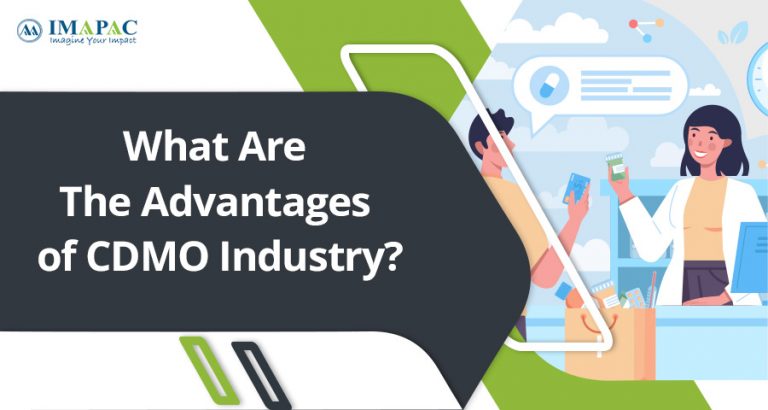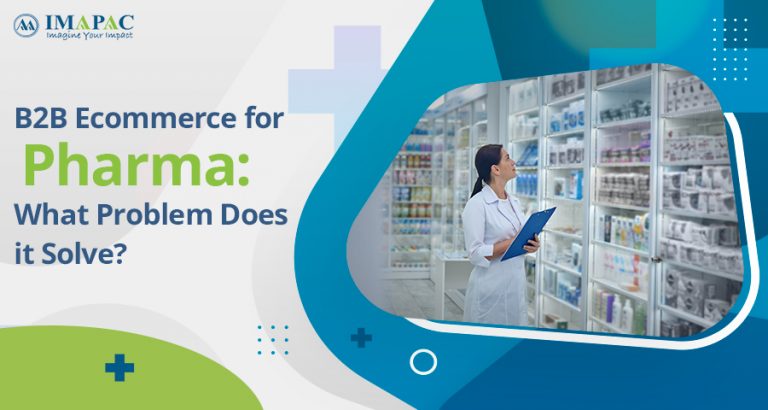What Are The Advantages of CDMO Industry?
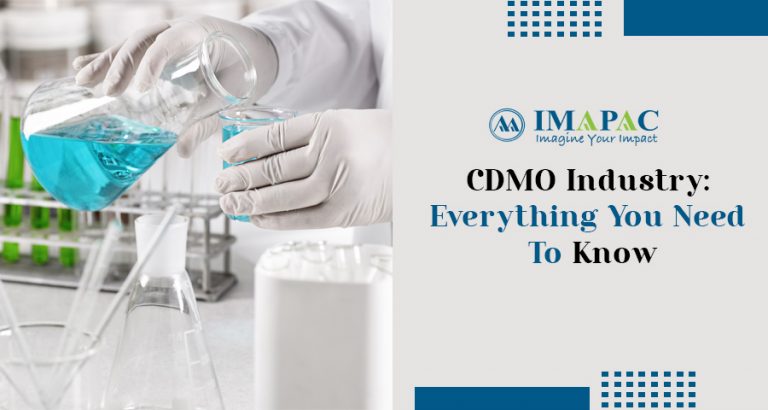

The phrase “contract development and manufacturing organisation ” (CDMO) refers to biopharmaceutical manufacturers and businesses that offer the pharmaceutical and biotech industries a wide range of services and solutions, from the creation of new drugs to product packaging. These businesses provide a wide range of services, including, among others, clinical research and development, formulation advice, streamlined production, analytical and regulatory support, and effective packaging services.
A new medicine product must undergo years of development and be commercially released by pharma or biotech businesses. These medications must first pass extensive clinical trials, receive regulatory approval based on recommendations and opinions from experts, and then incur expensive production and launch costs before becoming available to patients. Once the product is available, the procedure next entails efficient marketing and promotion, as well as steps involving tactics to lengthen the therapy’s lifetime or increase its geographic reach to other nations and areas.
Because of these factors, pharmaceutical CDMO and biotech companies have a lot on their plates. CDMOs and CMOs fill this need by offering these businesses a one-stop shop for assistance with the clinical development and manufacturing phases of the process. In order to make the process of developing new therapies efficient and affordable, CDMOs can also help enterprises scale up their manufacturing, provide a base of operations for their operations, and troubleshoot clinical development problems.
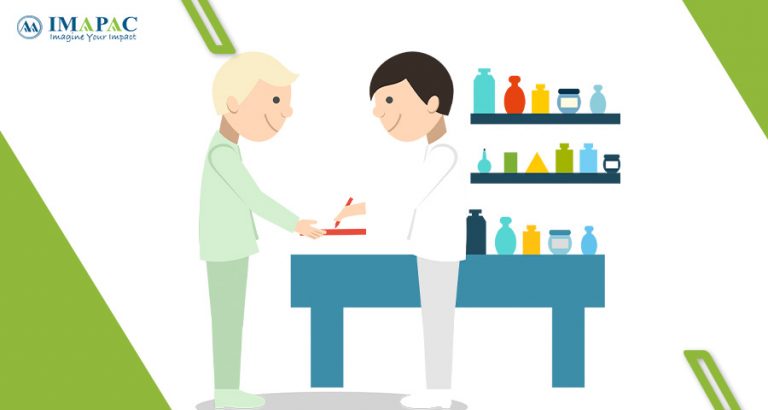

The pharmaceutical and biotech industries have evolved over the past two decades, investing more in research to help create a strong pipeline of medicines and related goods to expand and compete, thereby influencing growing potential for the CDMO sector. Pharmaceutical firms are using outsourcing partners as a strategic means of accelerating the development of their drugs and goods. Because of the CDMOs’ dependability, outsourcing partners have become more flexible in order to satisfy specialised demands and expand their existing service and R&D departments. Additionally, the tendency toward greater innovation has heightened the need for more professionals to be hired in order to fulfil demand, which has raised income in both industries.
For many years, CDMOs have worked to strengthen connections by enhancing their capabilities in relationship or account management, manufacturing, and development. However, past attempts have often failed, with over 80% of stated strategic relationships disintegrating after a few years. Since truly strategic partnerships are still uncommon in pharmaceutical development and manufacture, the API CDMO industry is quite volatile. It is challenging to predict the market share of any one company over the long term due to new competitors and developing relationships.
CDMO Advantages
Scalability
The expansion of pharmaceutical and biotech industries depends heavily on CDMOs. When there are drug variations and production shifts for pharmaceuticals and related goods in large quantities, there is a higher risk involved. Partnering with a CDMO sounds like a good way to prevent these dangers. The chance to transition from the stage of medication discovery to production with lower costs benefits both small and large size businesses.
Expert Knowledge
Companies need bright, well-experienced, and specialised individuals to launch new, innovative goods. Due to intense market competition, CDMOs now heavily invest in highly qualified engineers, R&D professionals, chemists, and manufacturing specialists. CDMOs offer businesses knowledge, capacity, and flexibility in the drug development process and other areas of drug development as a result.
Tools and Technology
Technology and equipment are needed by the pharmaceutical and biotech industries for the manufacturing and development processes. However, in order to incur these expenditures, additional investment in these areas is required, which the businesses might not be able to afford. In this way, hiring a CDMO enables businesses benefit from tools and technology without having to assume control of them.
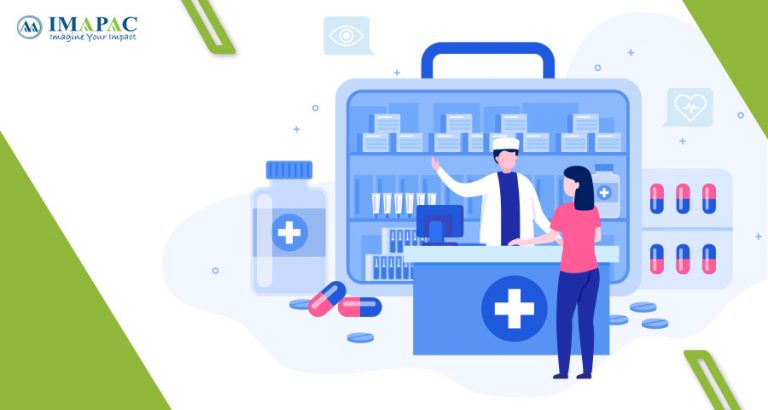

Cost-Effectiveness
The ability for CDMOs to launch has been made possible by the rising expenses of R&D and low productivity. About 30–35% of the overall expenses of drug research are reduced by the use of CDMOs in the manufacturing process. Additionally, this lowers the expense for the businesses in making sizable capital investments.
CDMO Solutions
Three categories—CRO services, CDMO services, and CPO services—are used to generally classify the segmentation of pharmaceutical services. Cell line creation, upstream and downstream procedures, analytical and bioanalytical techniques, formulations and quality assurance, and regulatory support are among the connected services.
CRO Services
Contract Research Organizations (CROs) serve pharmaceutical businesses encountering obstacles in technological innovation with medication research and development. Its resources include support for preclinical in-vitro and in-vivo studies, identification, optimization, and discovery of the lead chemical, as well as formulation development of the medicinal products.
CDMO services
In order to stay competitive and have a support network for innovations, pharmaceutical and biotech industries are increasingly dependent on Contract Development Manufacturing Organizations (CDMOs). Pharmaceutical firms outsource to CDMOs tasks like formula requirements, API production, and drug development. Cell line development, scale-up processes, process analytical development, extraction, synthesis, fermentation of small and large molecules, formulation needs for solids, semi-solids, non-sterile and sterile liquids, and other completed dosage forms are activities in this sub-segment.
CPO services
Contract Packaging Organizations (CPOs) appear to be a realistic and advantageous business approach for cost savings at the packaging end of drug delivery for pharmaceutical and biotech enterprises with narrower margins. The CPOs offer their clients end-to-end services that cover primary, secondary, and tertiary packaging.
Strong, strategic alliances with the increasing number of smaller businesses that are bringing their drugs through the clinical pipeline and onto the market can be advantageous for biologics CDMO in a position to provide comprehensive solutions over the lifecycle of a drug. These have the capacity and flexibility to produce clinical and commercial volumes and can offer a wide choice of manufacturing chemistries and technologies.
According to the demands of their clients, CDMOs have made recent investments in new technologies, buildings, containment capabilities, and employee experience. Additionally, they have set up internal market intelligence teams to track and analyse business trends and adjust as necessary to meet market demands.
Because they include less human errors, continuous or flexible manufacturing techniques are being adopted by CDMOs. Compared to batch manufacturing, the adoption of continuous manufacturing (CM) technology has a number of significant benefits. CDMOs who have made early investments in flow technology are reaping enormous benefits from it. Compared to more established businesses that are tethered to their existing assets, they may now serve their customers with pharmaceutical items more effectively. As a result, businesses are investing substantially to satisfy consumer demand.

